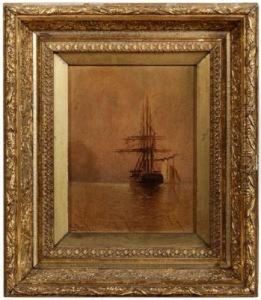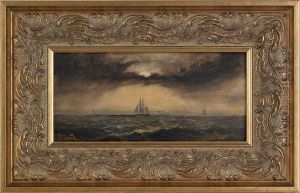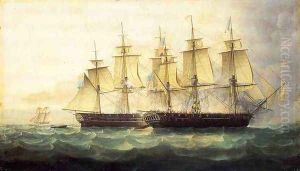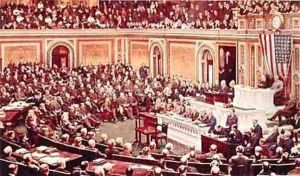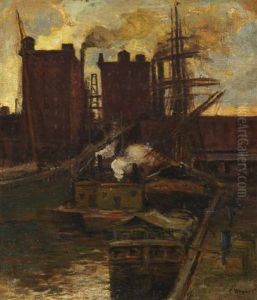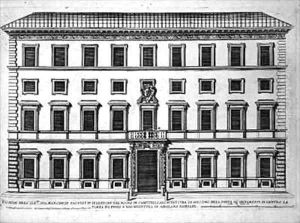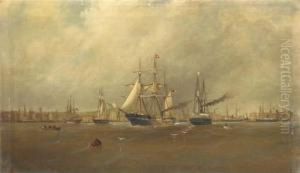





Philadelphia Waterfront, 1860, Alexander Charles Stuart As Surgeonon The U.s.f. Frigate Cumberland
-
About Reproduction
Discover the allure of art with our faithful reproduction of "Philadelphia Waterfront, 1860, Alexander Charles Stuart As Surgeonon The U.s.f. Frigate Cumberland", originally brought to life by the talented Alexander Charles Stuart. Unlike posters or prints, our hand-painted oil painting breathes an unique sense of depth and texture into your space. Every detail, every stroke, and every texture is meticulously recreated, paying the perfect homage to Alexander Charles Stuart and his artistic vision.
Owning this piece is more than just decoration - it's a statement of your refined taste in art. Let the vibrant colors and intricate details of this replica serve as a daily reminder of the beauty in our world. Elevate your decor and appreciate the richness of art with our replica of this masterpiece.
-
Painting Description
"Philadelphia Waterfront, 1860, Alexander Charles Stuart As Surgeon on The U.S.F. Frigate Cumberland" is a historical painting by Alexander Charles Stuart, an artist known for his maritime and naval-themed works. This painting captures a detailed and atmospheric view of the Philadelphia waterfront as it appeared in the year 1860, a time when the city's port was a bustling hub of commerce and activity. The artwork is significant not only for its artistic merit but also for its historical value, providing a visual record of Philadelphia's maritime heritage.
In the painting, Stuart, who also served as a surgeon on the United States Frigate Cumberland, offers a unique perspective that blends his artistic vision with his personal experiences at sea. The Cumberland was an important vessel in the U.S. Navy during the mid-19th century and played a role in several key naval engagements, including the American Civil War. Stuart's dual roles as both an artist and a naval surgeon provide a depth of authenticity to his depiction of the waterfront and the ship itself.
The composition of "Philadelphia Waterfront, 1860" is characterized by its attention to detail and the use of light and shadow, which bring the scene to life. The painting likely features an array of vessels, from merchant ships to naval frigates, docked at the busy piers, with the city's architecture serving as a backdrop. The bustling activity of sailors, merchants, and dockworkers would be rendered with precision, highlighting the economic and social dynamics of the period.
As a historical document, the painting serves as a window into the past, offering insights into the maritime culture of 19th-century America. It is a testament to the importance of naval power and the maritime economy in the years leading up to the Civil War. For art historians and enthusiasts, the work provides an example of maritime art from the period, showcasing the techniques and stylistic choices of an artist who was both a participant in and an observer of the naval world.
"Philadelphia Waterfront, 1860, Alexander Charles Stuart As Surgeon on The U.S.F. Frigate Cumberland" remains an important piece for those interested in American history, maritime art, and the interplay between artistic expression and historical events. The painting is a valuable cultural artifact that continues to be studied and appreciated for its historical significance and artistic beauty.
-
Lead Time & Shipping
When you order this oil painting replica, it typically takes 2-3 weeks to paint. If the artwork is more complex, it might need a little more time to ensure the best quality. Once it's ready, we'll send you a photo for your approval. After you give the green light, we'll ship it to you for free.
-
Return & Refund
We believe in the quality of our hand-painted oil painting reproductions, and your satisfaction is our priority. If for any reason, you are not completely satisfied with your purchase, we offer a 45-day return policy. You can return your artwork within 45 days of receipt and receive a full refund. Please note that the artwork must be returned in the original packaging and in the same condition as it was received.








